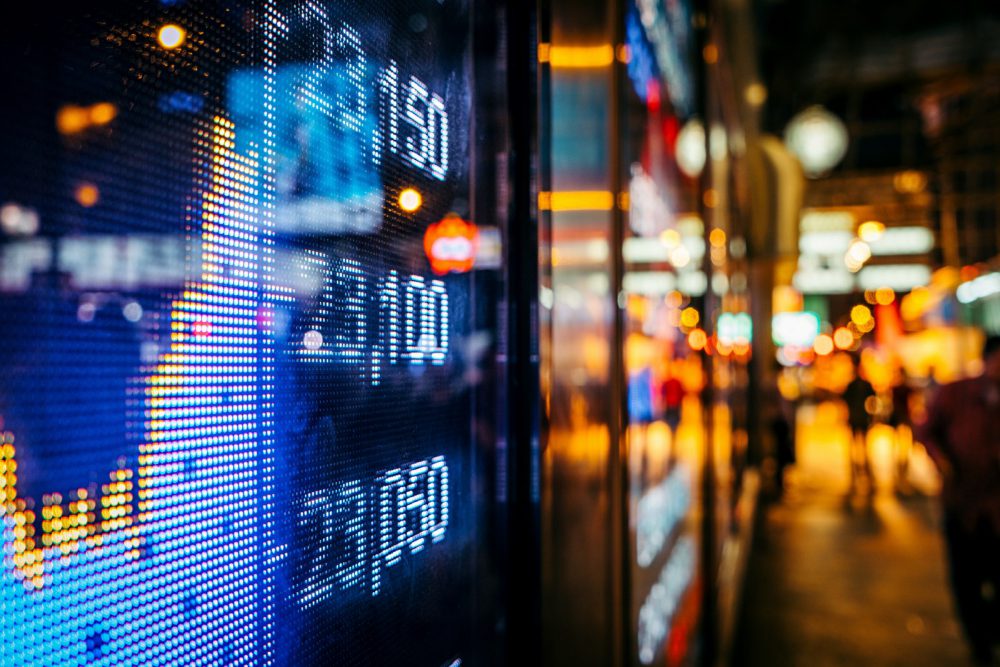
Experts say any potential market downturn would likely be short-lived, while oil and gas stocks may benefit in the near term.
As geopolitical tensions between Israel and Iran escalate, concerns are mounting over the potential impact on global financial markets, including Vietnam’s stock exchange. Yet, experts suggest the effects may be limited and short-term—particularly if the conflict remains contained within the region.
Geopolitical Tensions Aren’t the Only Market Driver
On June 17, Israel launched a large-scale airstrike on Iran, prompting an emergency national security meeting called by U.S. President Donald Trump. While dramatic, such developments may not have a lasting impact on stock markets, according to Nguyen Viet Duc, Head of Digital Sales at VPBank Securities (VPBankS).
Drawing from historical data, Duc noted that most geopolitical conflicts over the past 50 years have caused market volatility lasting only one or two sessions—unless they escalated significantly or involved direct U.S. military action.
“If the conflict remains regional, the primary impact would likely be seen in oil prices, not in global equity markets,” Duc said. In contrast, when the U.S. becomes directly involved, such as after the 9/11 attacks or the Gulf War in 1992, markets tend to see a deeper correction of 10–11%, with recoveries taking up to 70 days.
Currently, global markets seem to be pricing in a scenario where the conflict is contained within the Middle East and the U.S. stays on the sidelines. Oil prices remain around $70 per barrel—lower than the 2024 average. Duc added that as long as prices stay within the $70–$80 range, the overall impact should be manageable.
More notably, he emphasized that major downturns in stock markets tend to stem from macroeconomic factors, such as the 2008 global financial crisis or Vietnam’s 2022 bond market turmoil, rather than from armed conflicts.
Capital Flows and Market Sentiment
Analysts at Agriseco Securities echoed this view, pointing out that short-term risk aversion could lead to capital outflows—both direct and indirect—from financial markets located in or near the conflict zone.
Heightened geopolitical risks may also lead global investors to be more cautious with high-risk assets. If the conflict disrupts global supply chains and drives up energy prices, inflation could rise, potentially delaying interest rate cuts from major central banks like the U.S. Federal Reserve or the European Central Bank. Such developments could trigger negative reactions in global markets, indirectly affecting Vietnam’s bourse.
Still, historical data shows that both the Dow Jones and Vietnam’s VN-Index have typically rebounded within 10–20 sessions following geopolitical shocks.
Oil and Gas Stocks Surge Amid Conflict
From late last week into early this week, oil and gas stocks on the HoSE and HNX exchanges have seen a flurry of activity. Some tickers even hit the daily ceiling two sessions in a row.
According to Duc, the rally in energy stocks was anticipated. “Even before the conflict began, we had identified oil and gas as an attractive sector based on solid earnings, low valuations, and strong cash flow. This momentum only accelerated once geopolitical risks surfaced.”
Agriseco forecasts that the stock market may experience short-term declines due to rising concerns over the conflict’s escalation. However, markets are expected to stabilize and resume their upward trend shortly thereafter. The initial drop, they suggest, could present a buying opportunity for long-term investors targeting fundamentally strong companies with growth potential.
Why Vietnam’s Market May Remain Resilient
Vietnam’s stock market is relatively insulated from the Israel-Iran conflict. Trade and investment ties with the Middle East remain minimal, and there is virtually no direct exposure to either Israel or Iran.
Moreover, in a world increasingly wary of geopolitical instability, Vietnam’s reputation for political stability may position it as a safe haven for investors and global manufacturers looking to diversify supply chains away from high-risk regions.
Related
Discover more from Vietnam Insider
Subscribe to get the latest posts sent to your email.
Source: Vietnam Insider
